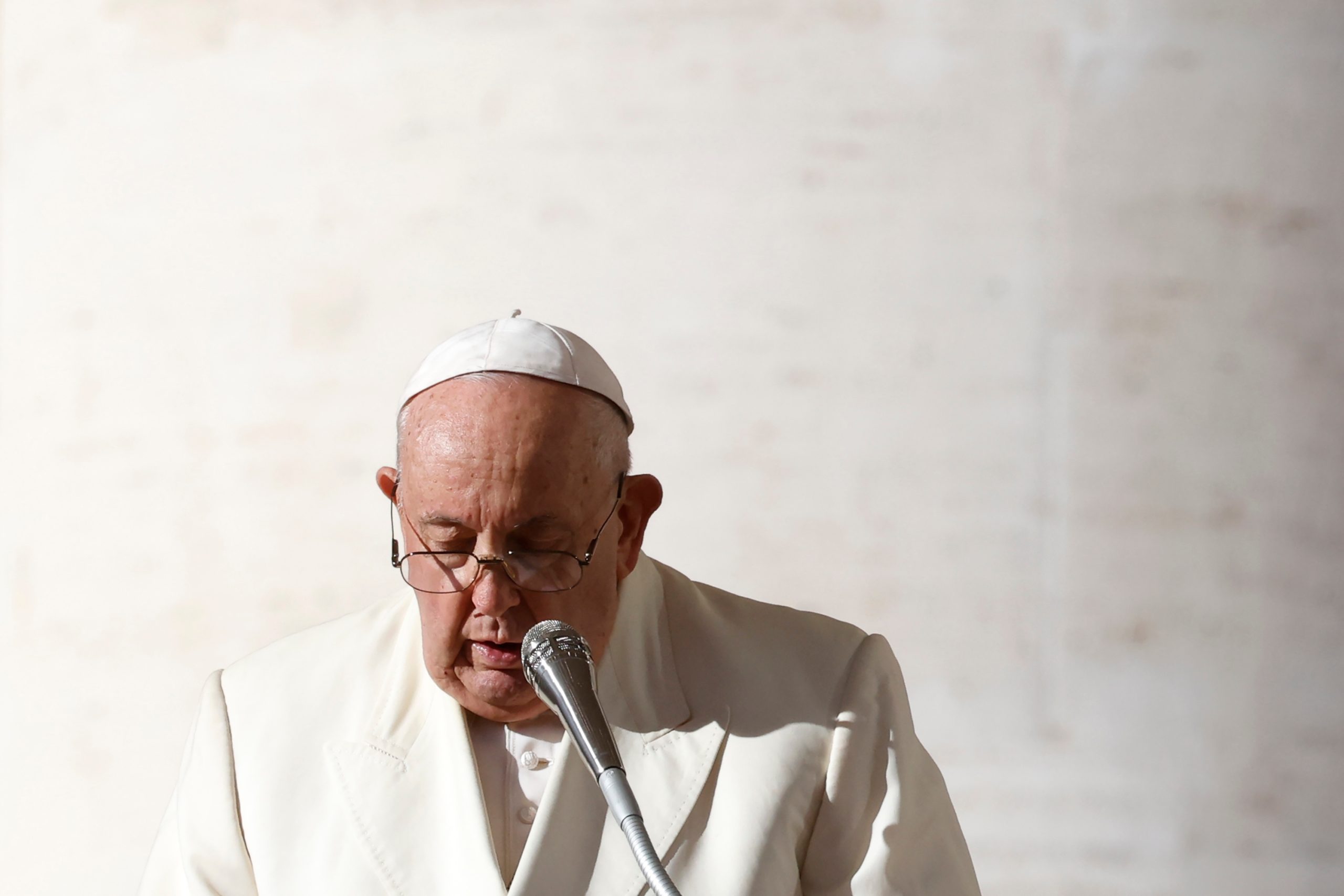Pope Calls for Fast Action on Climate Change to Aid Poor and Vulnerable

Reduction of Short-Lived Climate Pollutants Will Slow Sea-Level Rise and Other Powerful Feedback Mechanisms
Vatican, 18 June 2015 – The Pope’s efforts to protect climate and the environment, especially for the world’s most poor and vulnerable peoples, depends on the success of urgent action including reduction of both short-lived climate pollutants and long-lived CO2 emissions. In the encyclical released today, Pope Francis reminded the world that if present trends continue, including the ongoing release of greenhouses gases such as the short-lived pollutant methane, “this century may well witness extraordinary climate change and an unprecedented destruction of ecosystems, with serious consequences for all of us.”
The mitigation of short-lived climate pollutants, which includes methane, black carbon, HFCs and ground-level ozone, the main component of urban smog, is estimated to have the potential to reduce cumulative sea-level rise by 22–42% by end of the century and reduce the near-term risk of setting off more powerful feedback mechanisms, which then accelerates global warming. The encyclical warns that, “a rise in the sea level, for example, can create extremely serious situations, if we consider that a quarter of the world’s population lives on the coast or nearby, and that the majority of our megacities are situated in coastal areas.” The Vatican document which is intended to address the question of climate change and humankind’s role both generating and reversing the effects of global warming, underlines the Church’s role in serving those most susceptible to climate impacts.
The encyclical cites the large spectrum of health effects and millions of premature deaths, in particular to the most poor, caused by air pollution including black carbon emissions or “smoke,” another short-lived climate pollutant. “People take sick, for example, from breathing high levels of smoke from fuels used in cooking or heating.” According to the Climate and Clean Air Coalition to Reduce Short-Lived Climate Pollutants’ (CCAC) “targeting methane and black carbon rich sources, which if deployed globally by 2030 could avoid about 0.5°C of additional warming by 2050, prevent approximately 2.4 million deaths annually…and avoid about 50 million tonnes of lost crop yields by reducing concentrations of ground level ozone.”
“Pope Francis understands the positive impact that cutting short-lived climate pollutants will have on the poor and the vulnerable. Reduction of short-lived climate pollutants will reduce the immediate damages of climate change, including sea-level rise and extreme weather conditions that are most often suffered by the poorest populations,” said Romina Picolotti, former Minister of Environment from Argentina and CCAC NGO Representative. The CCAC is the only international organization focused on reducing the package of short-lived climate pollutants. Formed three years ago, the CCAC now has 47 country partners, and 54 nongovernmental organizations including the World Bank, UNEP, UNDP and WHO.
The encyclical released today is considered the most formal declaration the Pope can make and is anticipated to be read by 1.2 billion Catholics worldwide. The timing of his campaign on climate change is strategically designed to coincide with the UN climate negotiations this December, calling politicians and the population to action. Following the release of the encyclical, the Pope plans to address both the United Nations and a joint congress session during his September visit to the U.S. Last week leaders of the richest economies in the world sent a message similar to the Pope’s in the G7 Summit declaration, underscoring the importance of cutting short-lived climate pollutants by vowing to continue “efforts to phase down hydrofluorocarbons and call[ing] on all donors to assist developing countries in implantation.”
“If political leaders take heed of the Pope’s counsel to take fast action to cut short-lived climate pollutants in the December UN Climate Negotiations, we can cut the rate of global warming in half and Artic warming by two-thirds in the near term through mid-century. We can also improve food security and save several million lives a year now lost to these climate pollutants,” said Durwood Zaelke, President of the Institute for Governance & Sustainable Development.
IGSD’s Primer on SLCPs is here
